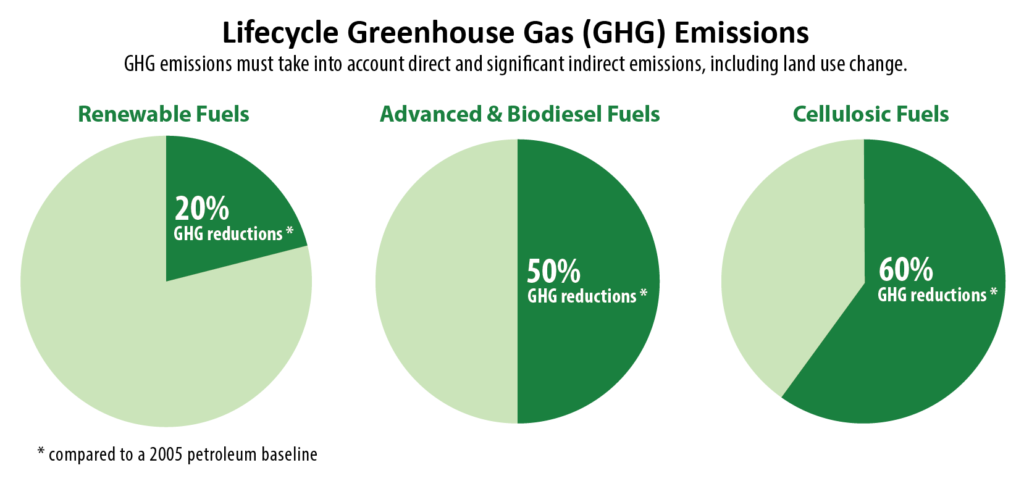
Introduction
Renewable Fuel Standards (RFS) are policies that play a significant role in the global efforts to transition to renewable and cleaner energy sources. In this article, we will explore the origins, key concepts, benefits, challenges, case studies, current trends, controversies, and future outlook of Renewable Fuel Standards. Understanding and supporting RFS is crucial for achieving sustainable and environmentally friendly energy systems.
Historical Background
Renewable Fuel Standards have evolved over time on a global scale. Concerns over climate change, energy security, and reducing dependence on fossil fuels have led to the establishment of RFS policies. These policies aim to promote the use of renewable fuels and reduce greenhouse gas emissions. The historical context and events surrounding the development of RFS policies have shaped the current landscape of renewable energy.
Key Concepts and Definitions
Renewable Fuel Standards are defined as policies that mandate the blending of renewable fuels with conventional fuels. These standards are based on fundamental principles of reducing carbon intensity and promoting the use of biofuels. Key terms such as renewable fuel, biofuels, blending ratios, and carbon intensity play a vital role in understanding the implementation and impact of RFS policies. Regulatory frameworks and agencies are responsible for implementing and monitoring these policies.
Main Discussion Points
Benefits of Renewable Fuel Standards
RFS policies offer various environmental benefits. They contribute to the reduction of greenhouse gas emissions and air pollutants, resulting in improved air quality and public health. Additionally, promoting renewable fuels stimulates job creation and diversifies energy sources, leading to economic advantages for the region or country implementing RFS policies.

Challenges and Limitations of Renewable Fuel Standards
While RFS policies have numerous benefits, there are challenges in their implementation. Technological limitations and infrastructure requirements pose hurdles in achieving the desired blending targets. Conflicts can arise between RFS and other policy objectives, such as food security and land use. Balancing these objectives is crucial for effective implementation of RFS policies.
The Role of Renewable Fuel Standards in Energy Transition
Renewable Fuel Standards play a significant role in the broader goals of transitioning to a sustainable and low-carbon energy system. By promoting the use of renewable fuels, RFS policies contribute to reducing the dependence on fossil fuels and achieving a clean energy future. Synergies with other renewable energy policies, such as renewable portfolio standards, create opportunities for further progress in the energy transition.
Case Studies or Examples
Real-world examples of countries or regions that have successfully implemented RFS policies provide valuable insights. The United States, Brazil, and the European Union are notable case studies. These examples showcase technological advancements, market impacts, and policy effectiveness in promoting renewable fuels and achieving sustainability goals.

Current Trends or Developments
The field of Renewable Fuel Standards is constantly evolving. Recent trends include advancements in renewable fuel production technologies and emerging feedstocks. These developments contribute to the expansion of the renewable fuels market and help meet the increasing demand for clean energy. Policy changes and updates, such as blending targets and carbon intensity requirements, reflect the commitment to continuous improvement and progress in RFS regulations.
Challenges or Controversies
Renewable Fuel Standards are not without controversies and debates. Concerns over indirect land-use change and the sustainability of certain feedstocks have raised questions regarding the effectiveness and environmental impact of RFS policies. Differing viewpoints exist, and it is important to consider multiple perspectives when evaluating the efficacy of RFS in achieving its intended goals.

Future Outlook
Looking ahead, Renewable Fuel Standards are expected to undergo changes and advancements. Increased blending targets, advancements in biofuel technologies, and integration with emerging clean energy sectors are potential future directions. The continuous push for renewable energy sources and the need for sustainable energy systems will shape the future of RFS policies.
Conclusion
Renewable Fuel Standards are crucial in the global transition towards renewable and cleaner energy sources. Understanding their origins, key concepts, benefits, challenges, case studies, current trends, controversies, and future outlook is essential for achieving sustainable and environmentally friendly energy systems. Supporting RFS policies is a step towards a greener future.




